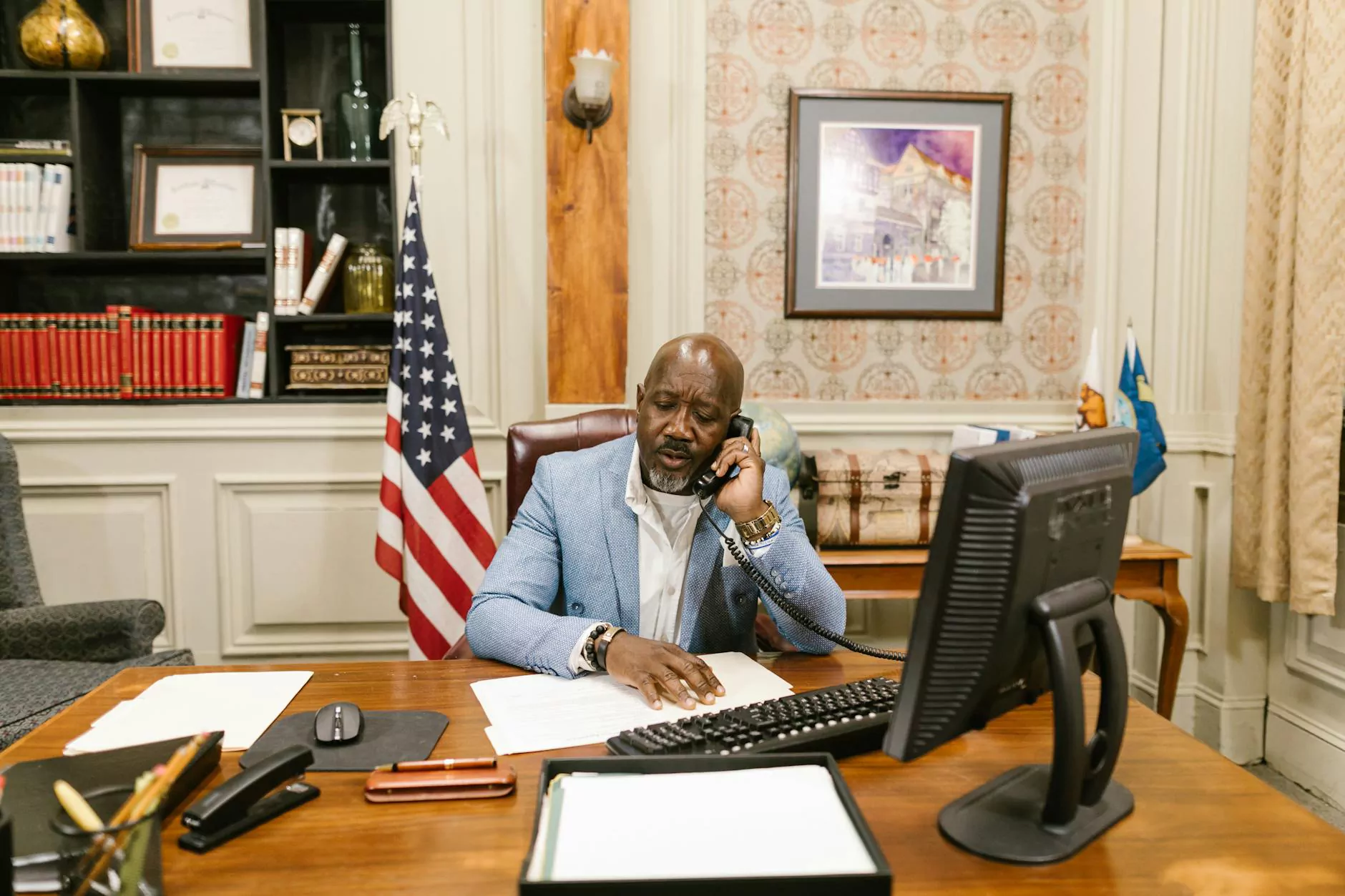The Heart of Community: Understanding the Role of a Black Church

In a world that constantly changes, A Black Church remains a steadfast beacon of hope, faith, and community. This article explores the profound significance of these institutions, their contributions to society, and how they embody the spirit of resilience and unity within the African American community.
The Historical Context of a Black Church
The roots of the black church can be traced back to the times of slavery in America when African slaves needed a place to gather, worship, and find solace in their shared experiences. These early forms of worship were not only a means of spiritual expression but also a foundation for community organization and empowerment.
From Oppression to Empowerment
During the era of slavery, the black church emerged as a sanctuary where African Americans could express their faith freely. It became a hub for education, social gatherings, and a platform for civil rights activism. Leaders like Martin Luther King Jr. and other prominent figures often originated from these institutions, underscoring their role in the fight for justice and equality.
The Spiritual Foundation of a Black Church
At its core, a black church serves as a vital spiritual environment where individuals find truth, encouragement, and belonging. The worship experience is rich with cultural expression, deeply rooted in African traditions, and infused with modern influences.
Worship Style: A Unique Expression
The worship style in a black church often features a vibrant mix of spirited preaching, soulful music, and communal participation. Each Sunday, congregants participate in lively gospel singing, which serves to uplift spirits and foster a sense of togetherness.
- Preaching: Preachers often deliver powerful messages that resonate with the congregation, urging them to seek justice, love one another, and maintain faith.
- Singing: Gospel choirs and soloists lead the congregation in songs of praise, drawing on a rich tradition of hymns and contemporary gospel music.
- Prayer: Prayer is a communal experience, often characterized by spontaneous expressions of faith and deep, heartfelt supplication.
Community Service and Outreach Programs
The role of a black church extends beyond spiritual nourishment; it serves as a critical resource for community service and outreach. Many black churches are involved in various programs designed to support their communities.
Empowering the Community
Black churches often step in where local resources are lacking, providing essential services such as:
- Food Assistance: Initiatives like food pantries and soup kitchens ensure that families in need have access to nutritious meals.
- Educational Programs: Many churches offer tutoring, mentoring, and scholarship programs to encourage educational advancement among youth.
- Health Services: Health fairs and wellness programs address critical health disparities affecting African American communities.
- Employment Services: Job training and placement services help congregants secure stable employment opportunities.
Cultural Preservation and Identity
A black church is not just a place of worship—it is also a cultural hub that plays a pivotal role in preserving African American heritage. Through various programs and expressions, these churches cultivate a sense of identity among their members.
Celebrating African American Heritage
Congregations frequently celebrate heritage through:
- Black History Month Events: Special services and community events highlight prominent figures and milestones in African American history.
- Art and Music: The black church is a medium for artistic expression, showcasing the talents of its members through music, drama, and visual arts.
- Family and Community Gatherings: Regular events strengthen community ties and ensure the passing down of traditions to future generations.
Addressing Social Issues
A black church often takes a stand on pressing social issues affecting African Americans and marginalized communities. This includes advocating for:
- Social Justice: Many churches actively participate in movements aimed at addressing systemic issues such as police violence, poverty, and inequality.
- Voter Registration Drives: Encouraging civic engagement through voter registration campaigns ensures that the voices of African Americans are heard.
- Public Health Awareness: Addressing health concerns such as hypertension and diabetes through educational workshops and outreach.
The Future of a Black Church
As society evolves, so too do the roles and responsibilities of a black church. Modern challenges require innovative approaches while remaining true to the foundational principles that have always defined them.
Adapting to Change
The digital age has opened new avenues for outreach, allowing black churches to engage with youth and expand their community impact through online platforms:
- Virtual Services: Online worship services have become increasingly common, allowing congregants to stay connected regardless of physical barriers.
- Social Media Engagement: Churches are using platforms like Facebook and Instagram to reach wider audiences and promote events.
- Online Education: Offering Bible studies and seminars through digital means helps educate congregants on various topics relevant to their lives.
The Impact of a Black Church
The impact of a black church extends far beyond its walls. It shapes individuals, strengthens families, and revitalizes communities. Personal testimonies often reflect how these institutions have changed lives and fostered a sense of hope:
Real-Life Transformations
Every story shared within a black church carries the weight of struggle and triumph. Many congregants testify to how the church has:
- Provided Comfort: In moments of despair, churches offer a refuge where individuals find solace.
- Encouraged Growth: Through teachings and support, congregants are inspired to pursue their dreams and achieve personal goals.
- Built Relationships: The community fosters deep, meaningful connections that provide lifelong support.
Conclusion
The vitality of a black church resonates in every song sung, every prayer uttered, and every act of service rendered to the community. In all its manifestations—religious gatherings, social activism, and cultural expression—the black church stands as a testament to the unyielding spirit and enduring faith of its congregants.
As communities continue to navigate through challenges, the black church remains the cornerstone of hope, healing, and transformation. It embodies the essence of community service, spiritual growth, and cultural heritage, ensuring that no one walks alone on their journey of faith and purpose.









